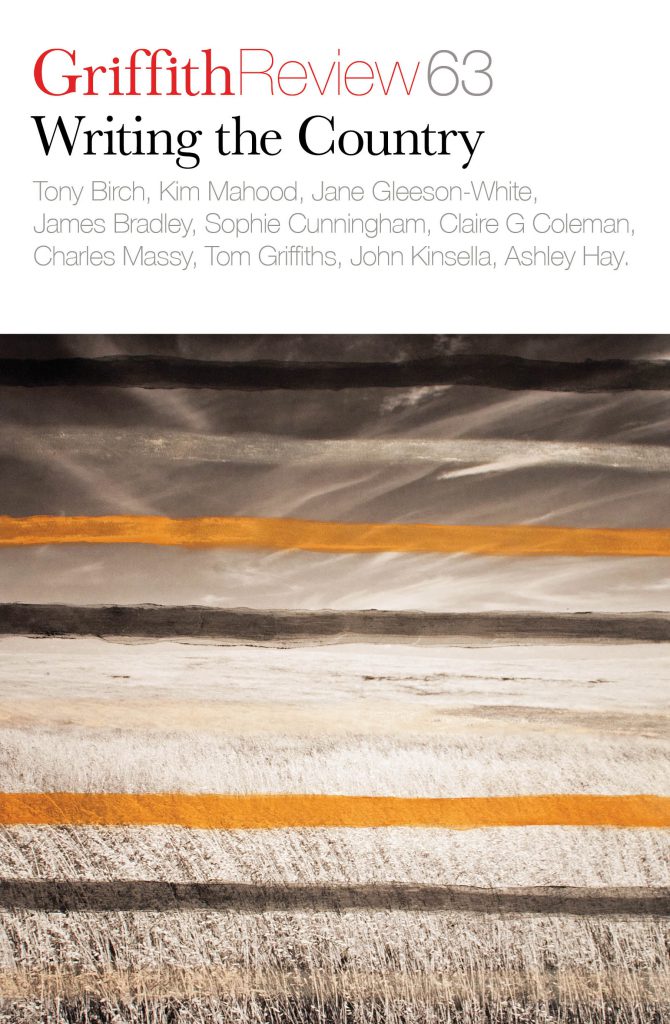IT WOULD BE hard to hear a louder warning bell than the 2018 special report from the Intergovernmental Panel on Climate Change (IPCC) on the impacts of global warming of 1.5 degrees above pre-industrial levels. The report delivers the stark message that global warming is likely to reach 1.5 degrees by around 2030 if emissions continue at their current rate, and that emissions will have to reach zero by around 2050 if we are to avoid passing this tipping point. While warning that we are already facing climatic disruptions and flow-on effects such as sea-level rise, exceeding the 1.5 degree threshold will result in significantly greater impacts – some of which may be irreversible. This is because climate-related risks for natural and human systems are much higher if global warming exceeds 1.5 degrees. The catalogue of risks includes a greater loss of species and ecosystems, including tropical coral reefs, amplification of extreme weather events (heatwaves, floods and droughts), accelerated sea-level rise and a sea-ice-free Arctic Ocean in summer. Limiting global warming to 1.5 degrees, compared with 2 degrees, could reduce the number of people exposed to climate-related risks and susceptible to poverty by 2050 by up to several hundred million.
While more IPPC reports are scheduled in the coming years, including the Sixth Assessment Report in 2022, it is this special report that delivers the science story of our time, a starker-than-usual narrative that will frame the rest of our lives and those of our children. We are at grave risk of crossing planetary tipping points and a destabilisation of the climate, leading to a ‘Hothouse Earth’ pathway, resulting in a ‘never-ending story’ of global climatic disruption where there is no ‘normal’ climate, no period where climatic conditions are sufficiently stable to be relied upon. The new norm will be, put simply, no-norm, and a planetary climate will emerge that undermines the viability of the human project as it is currently configured, threatening the safety, livelihoods and identity of people, and the continued existence of many species and ecosystems. This is a story that we – and particularly those of us in economically developed countries such as Australia – have all helped co-create. Reflecting on this new physical reality elicits existential crises of various kinds – including a literal crisis of existence for many.

Already a subscriber? Sign in here
If you are an educator or student wishing to access content for study purposes please contact us at griffithreview@griffith.edu.au





